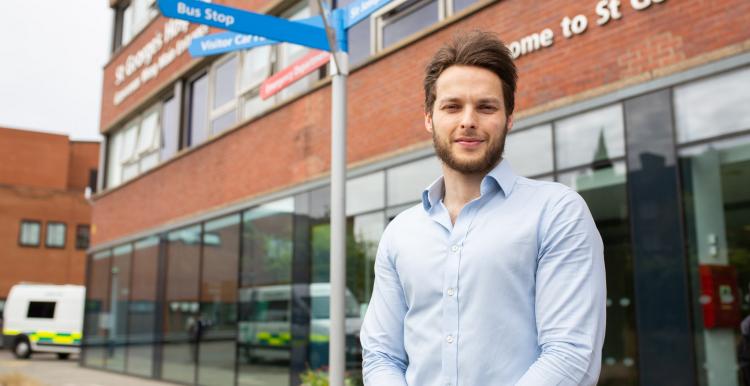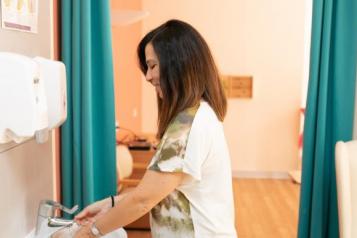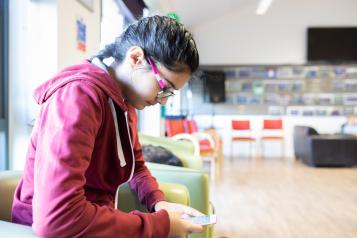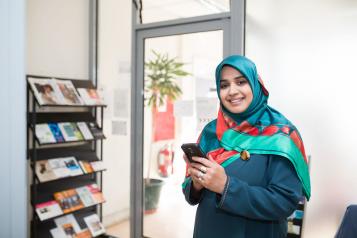Flu vaccinations for Carers

Those who receive a carer's allowance, or are the main carer for an older or disabled person who may be at risk if you get sick, are eligible for a free flu vaccine.
As seen with COVID-19, respiratory illnesses can be extremely serious and can be fatal. Those with co-infection of the two viruses are more at risk of severe respiratory complications or death, and most cases of co- infection are in older people and those who are at ‘high risk’.
“Carers are often a lifeline to those that they are caring for and feel a great sense of responsibility to stay fit and well.
“I urge all informal carers who are in receipt of carer’s allowance or people who are primary carers of vulnerable adults or children; as well as all formal carers who are social care and hospice staff employed in a frontline role, personal assistants and paid carers looking after and supporting vulnerable service users and the households of those on the COVID-19 shielded patient list to get the flu jab.
“Flu is highly contagious and can cause serious health complications in patients with underlying health conditions. Getting the flu jab is quick and simple, and will protect you and those you care for from the virus. Please speak to your GP practice or pharmacist today about the flu jab.”
Cllr Ian Morris, Northamptonshire council
The flu vaccine is a safe and effective vaccine and cannot give you the flu as it is not a live vaccine. To book in to have your flu vaccine please contact your GP or local pharmacy.
If you are not sure whether you are eligible for a free flu vaccine, please speak to your GP or local pharmacy who will be able to advise.
You are eligible to receive a free flu jab if you:
- are 65 and over (including those who'll be 65 by 31 March 2021)
- have certain health conditions
- are pregnant
- are in a long-stay residential care
- receive a carer's allowance, or are the main carer for an older or disabled person who may be at risk if you get sick
- live with someone who's at high risk from coronavirus (on the NHS shielded patient list)
- frontline health or social care workers
- children aged 2 - 11


